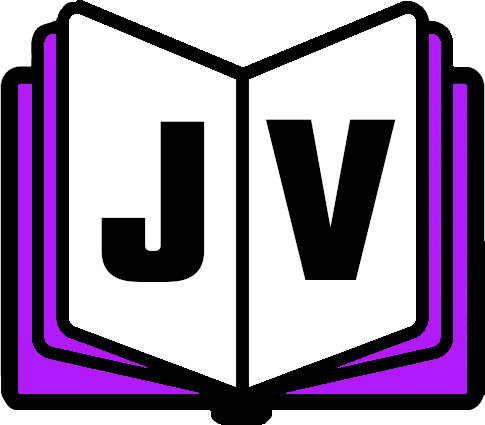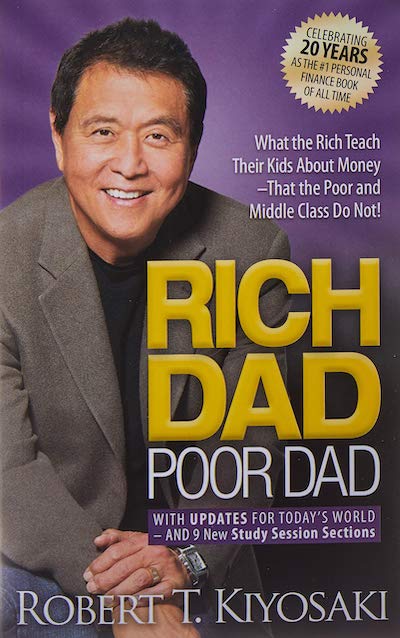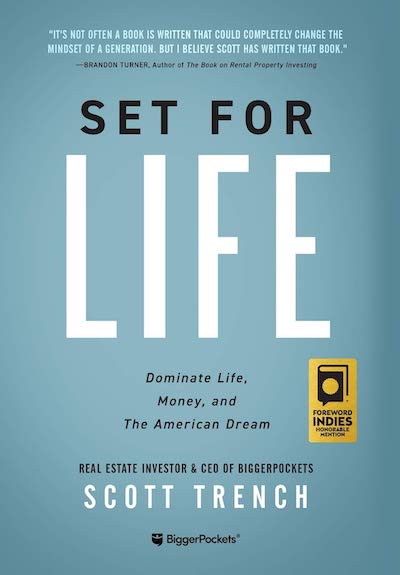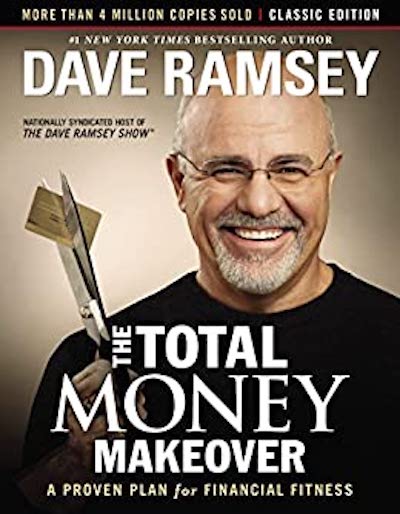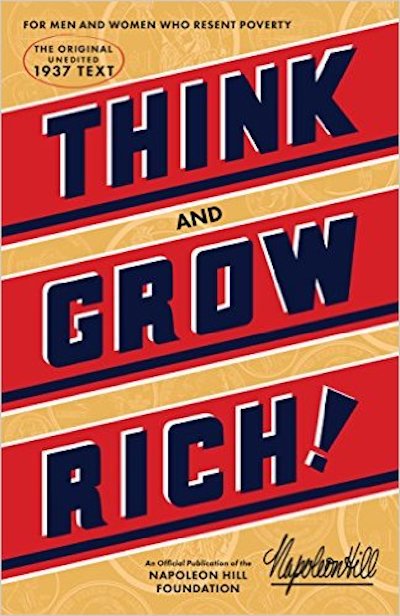Rich Dad Poor Dad is one of the top recommended books that I’ve heard from almost each podcast I listen to and any other places I read and learn about personal finance. The book even has the stamp “celebrating 20 years as the #1 personal finance book of all time” right on the cover. I went into the book with high expectations, and I think it lives up to all the “hype”, recommendation, and praise.
The book offers more tips on habits and mindsets than specific tangible advice on personal finance, but I believe that these ways of thinking are more valuable than explicitly explaining how to make money on investments and real estate. The book definitely still gives enough information that can be quickly acted on, but I believe it serves as the perfect starting point to change your way of thinking.
THe entire book is based on Kiyosaki’s experience of having an actual father who he considers his “poor dad” and a friends father who is his “rich dad” and the book is essentially a summary of all the lessons he learned from both as well as the things he has learned on his own after applying their thinking. I appreciate the more story like approach that this book provides and I’m sure it’s a big reason the book is recommended for and by so many because it’s an easy read for just about anyone and isn’t as “in the weeds” as some personal finance books.
Personally, I enjoy the more direct, applicable approach of other books that are “in the weeds,” which is why The Simple Path to Wealth is still my favorite personal finance book, but I think this book is a perfect start for most people. I gave this book a 9 out of 10 rating for that very reason, but there’s still not a ton I can complain about. My only issue with the book was a slight personal difference of moral opinion on taxes, but his view is very justified and I can still respect it.
Kiyosaki is yet another voice I’ve read or listened to in the past few months that make me more interested in the option of real estate investing. I don’t think I believe it’s as perfect as an option that this book makes it out to be, but it’s always nice to have many different opinions on all the options out there. Again, this book is more about mindsets and ways of thinking about money, and that approach is definitely what makes this book so valuable.
